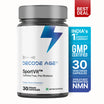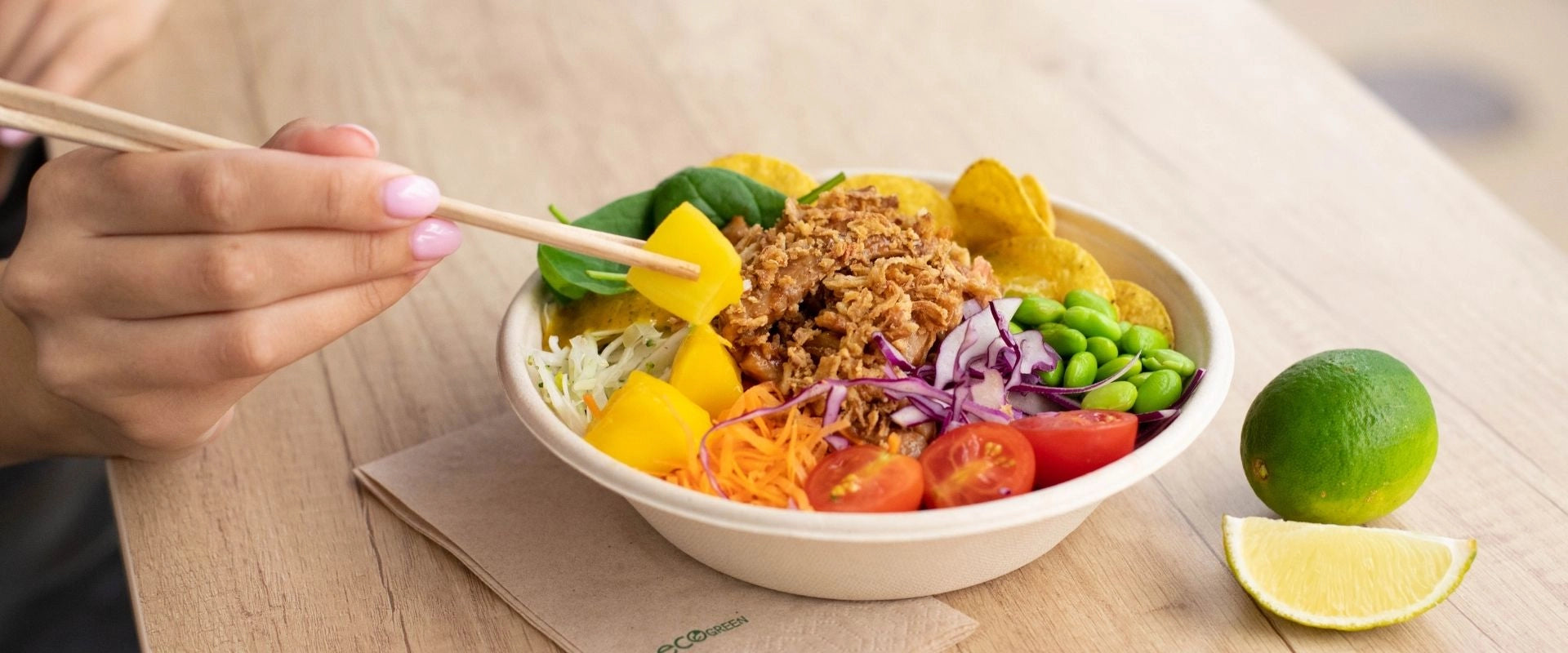While it is true that a poor diet can impair your ability to fight disease and infection, believing that a certain meal, vitamin, or supplement will "boost" your immune system is deceptive.
Many items are aggressively marketed as "immune boosters," but immunology is complicated, and no supplements or natural health products can fulfil all our requirements.
Food isn't just for our pleasure or to feed our empty bellies. Numerous delicious and filling foods may actively enhance our immune system and help us avoid illness.
Along with a healthy sleeping pattern, regular physical activity, and stress management measures, now is a great time to establish a balanced food regimen.
But for us to understand all these we need to understand our immune system and immunity itself.
So, what exactly is immunity?
Immunity is the body's capacity to keep infections at bay. Pathogen are foreign disease-causing substances, such as bacteria and viruses, to which people are constantly exposed. Immunity is classified into three types: innate immunity, passive immunity, and acquired/active immunity.
Immunity Types:
Innate immunity refers to a person's innate protection, which includes physical barriers (skin, body hair), defensive mechanisms, and general immunological responses (inflammation).
The ability of the body to withstand diseases by "borrowing" antibodies is referred to as passive immunity.
Acquired immunity (adaptive immunity) is a form of immunity that develops as a result of immunological memory. Exposure to infection occurs when the body is exposed to a specific antigen (which is associated with a disease) and generates antibodies to that specific antigen.
This article gives you a list of foods that could boost your immunity:
- Berries
This may be eaten fresh or frozen and is naturally high in vitamin C and other potent antioxidants. Blueberries, in addition to being strong in flavonoids, are also high in vitamin A, fiber, and manganese.
They also include pterostilbene, a chemical that aids in the fight against bacterial infections, strengthening your immune system just when you need it the most.
- Cinnamon
Cinnamon, an autumn and winter staple, has essential oils that may help us spend less time recovering from a cold or the flu.
- Garlic and fresh Ginger
Researchers have discovered that this ubiquitous component may aid in the killing of germs and viruses.
Ginger may aid our immune cells in their fight against colds and flu. Fresh ginger may be used in stir-fry dishes or salad dressings.
- Honey
For millennia, this sweetener has been used as an antibacterial. It was thought that ancient Romans used it to their eyes when they experienced conjunctivitis ("pink eye"). They were correct: honey has been discovered to inhibit the development of bacteria.
- Mushrooms
These are an excellent source of vitamin D and an underappreciated immune booster. Clinical researchers revealed that eating mushrooms enhanced immune responses in cancer patients getting chemotherapy and radiation.
- Chocolate, dark
Free radicals are unstable oxygen atoms that can harm biological tissues. Antioxidants also aid in the reduction of inflammation in the body.
Dark chocolate contains cacao, which is high in fiber, magnesium, arginine (an amino acid), and potassium.
- Yogurt
Certain varieties of yogurt include probiotics, which are beneficial to your health. Probiotics are "healthy" microorganisms that aid in the proper functioning of your digestive system.
Probiotics in the stomach, on the other hand, assist in activating the immune system and controlling its response to infections.
- Broccoli
Broccoli is another vitamin C-rich veggie. However, it is also high in other vitamins and minerals that might help your immune system stay robust. It includes vitaimns A and E, and it is high in fibre and antioxidants.
Vitamin A aids in the formation and control of the immune system as well as the reduction of inflammation in the body.
In conclusion, these immune-boosting foods discussed in this article may help people strengthen their immune systems and fight illnesses.
However, it is critical to note that the immune system is complicated. Eating a healthy, balanced diet is only one method to help your immune system.
It is also critical to be aware of other lifestyle variables that may have an impact on immune system function, such as exercise and avoiding smoking. We advise you to see a doctor if you are overly concerned with your immune system.























Leave a comment
This site is protected by hCaptcha and the hCaptcha Privacy Policy and Terms of Service apply.